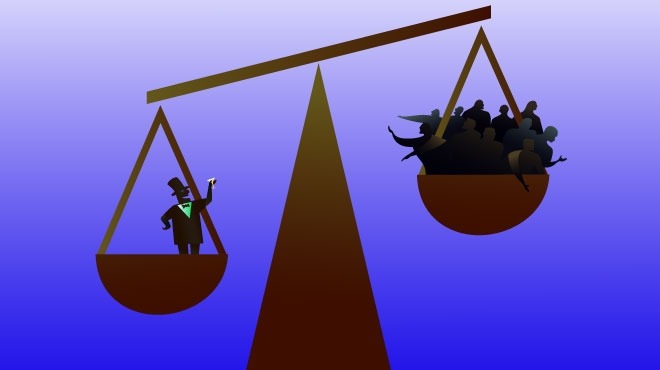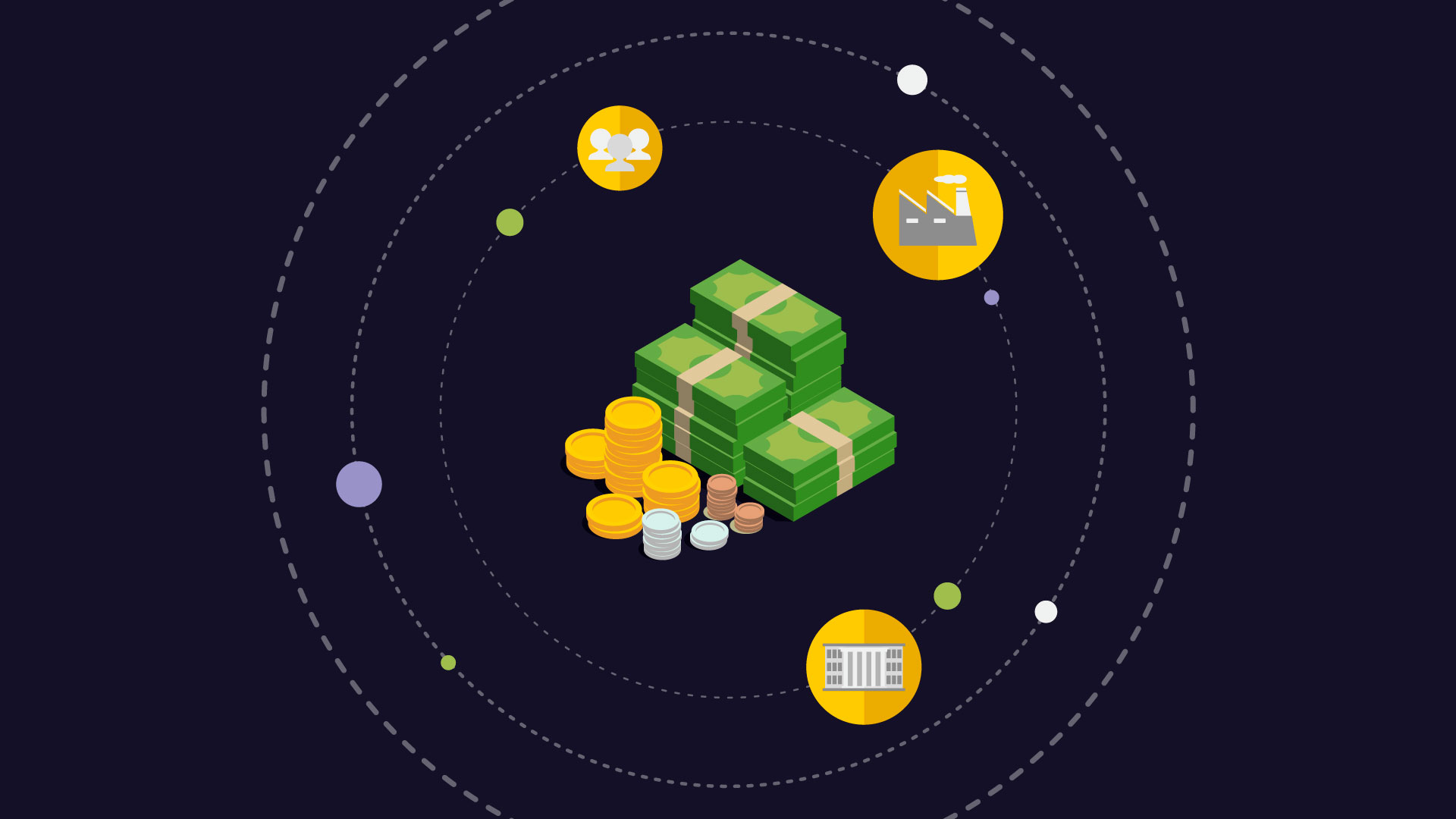How Does Economic Inequality Impact Financial Opportunities?
In the economic world, commercial and investment opportunities can come not only from positive situations, but also from time to time, negative conditions such as economic inequality. What is important here is that investors develop the right investment models and the ability to detect commercial opportunities in advance within economic inequality.
Even in our modern world, there are many countries that we can count as examples of economic inequality. This concept simply means that the difference or gap between high-income people and low-income people is too large, resulting in social and economic imbalances. However, even in such countries or market conditions, financial opportunities can be created.
The existence of economic inequality in a country is a problem that must be solved by the central bank, political administrators and citizens of that country.
In this type of country, economic inequality will cause social injustice problems and there will be a decrease in the welfare level. This may cause the reflexes of people with low income levels to be less healthy.
What Is Economic Inequality And How Does It Manifest In Society?

Economic inequality is the unfair distribution of income and resources in a community. This imbalance causes different groups to have more income and other groups not to have an equal quality of life because they do not have that much income.
The areas where this concept is most felt are housing, transportation, education, etc., which directly affect the quality of life. is. It develops due to reasons such as inflation, mismanagement and improper use of resources, which cause economic inequality to occur.
In a community where this type of problem occurs, there are major injustice problems in vital areas such as housing, transportation and education. This results in communities with lower income levels being more aggressive and unhappy.
In our modern world dominated by capitalism, economic inequality is increasing and causing different reactions in different societies.
How Can Economic Inequality Affect Access To Financial Resources And Education?
When we look at the communities in history where economic inequality was felt intensely, we see that access to financial resources and educational opportunities was quite limited.
In order to meet a country’s long-term financial goals and expectations, financial resources and education solutions of equal and fair quality should be provided to all segments of society in accordance with the principle of financial inclusion.
If only high-income communities in a country have access to financial resources and utilize educational resources to this extent, this will have very negative consequences for the survival of that society.
In communities that are in a state of economic inequality, financial resources should be distributed fairly and basic human rights such as education, transportation and housing should be shared fairly.
If every segment of a society can access the same quality education solutions, it will be easier for that society to develop and reach the level of contemporary civilization in the long run.
What Strategies And Policies Exist To Address Economic Inequality?
Regardless of the country, economic inequality is a critical issue that requires a long-term solution plan. Because, unlike other financial crises, economic inequality has negative social and cultural consequences. Economically bad outcomes such as high inflation rates, high unemployment rates, and depreciation of the local currency can be the most common reason for economic inequality.
However, the authority must take responsibility for the solution of this problem. According to the advice of financiers who are experts in their fields, the problems caused by economic inequality can be solved in the long term.
There are some strategies and policies that both authorities and local governments should recommend to solve economic inequality and related problems. When we look at examples in countries where economic inequality has been felt intensely in recent history, it is seen that common strategies and policies bring medium and long-term solutions.
Examples of common strategies that can be suggested to solve this financial problem include developing tax reforms, introducing minimum wage laws, making educational opportunities free and providing equal quality distribution, allocating resources to social safety nets, providing social and financial support for low-income communities with a social state approach.
Are There Economic Systems And Models That Aim To Reduce Inequality?

Many models and philosophies have been presented throughout history that aim to eliminate economic inequality, both politically and financially. However, the vast majority of these are invalid. Only science-based, realistic solutions have worked.
Systems and models such as welfare state models that propose more modern and fair administrations to the political administration, growth strategies that will include people from all income levels of the society, efforts to combat unemployment, and privatized tax policies will be useful.
In recent years, economic inequality problems have been experienced intensively in South American countries. Those from these countries who develop solution maps such as tax reforms and development studies to combat economic inequality politically and financially aim to eliminate economic inequality in the medium and long term. In this way, both social and financial justice will be possible.
One of the most popular technologies recommended to ensure equality and justice in finance is blockchain technology. Not only blockchain technology but all other digital banking tools and solutions promise to eliminate economic inequality problems in accordance with the principle of financial inclusion.
What Role Can Individuals And Businesses Play In Reducing Economic Disparities?
In situations of economic inequality where access to resources is unfair in a country or community, both businesses and individuals have some responsibilities. Not only political authorities or governments, but also businesses or citizens in that country can make a significant contribution to solving economic inequality problems.
Having fair wage policies and understanding in daily business transactions, making independent efforts to make educational opportunities more accessible, increasing participation in social responsibility projects, providing appropriate aid to low-income communities, etc. solutions can be given as examples.
It is possible for businesses to contribute to solving these equality problems not only through individual efforts but also through different payment reforms and fair pricing.
See you in the next post,
Anil UZUN
